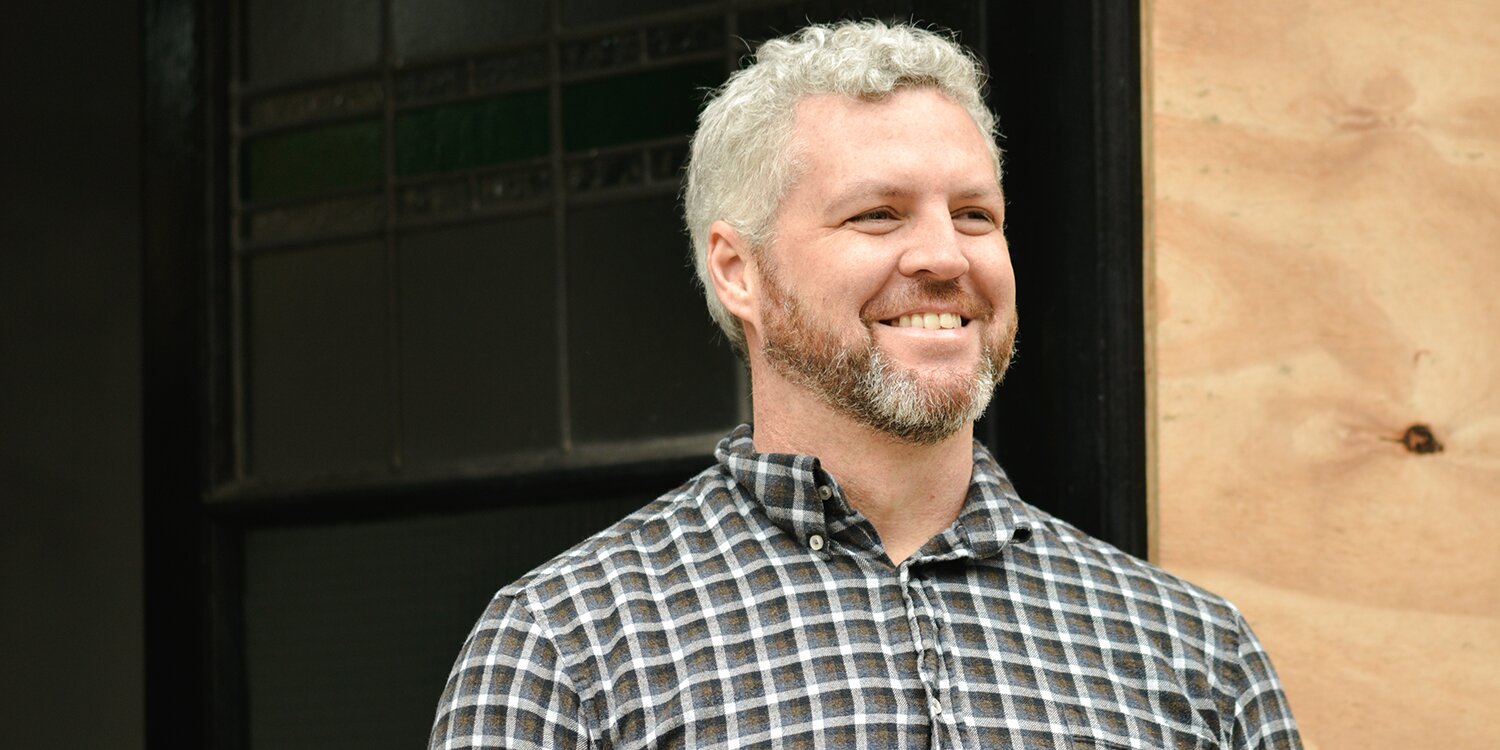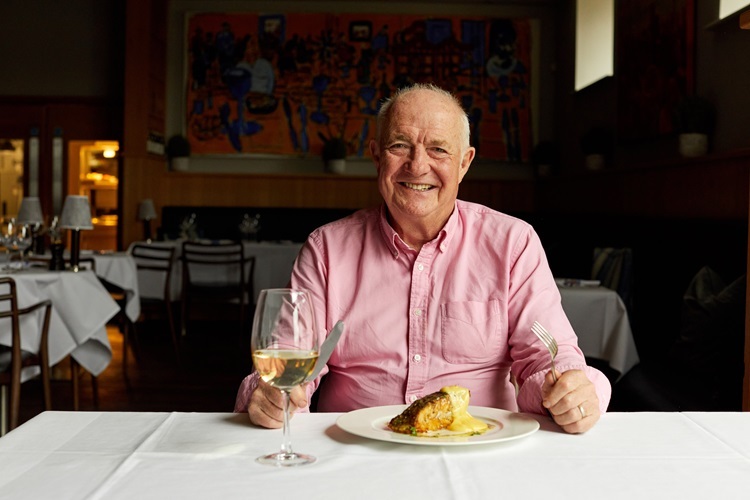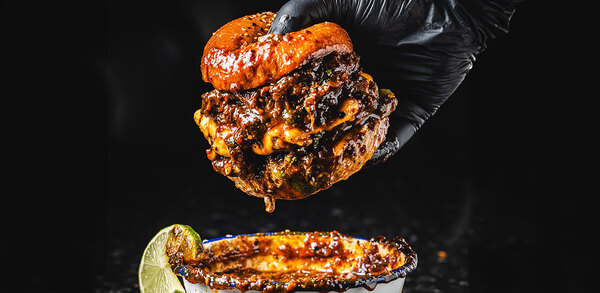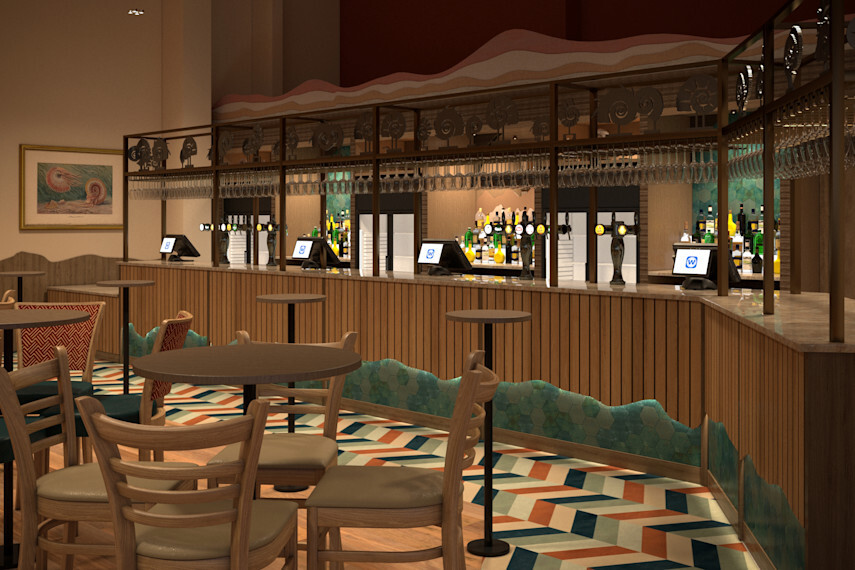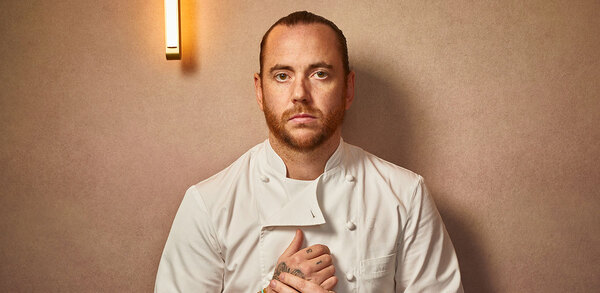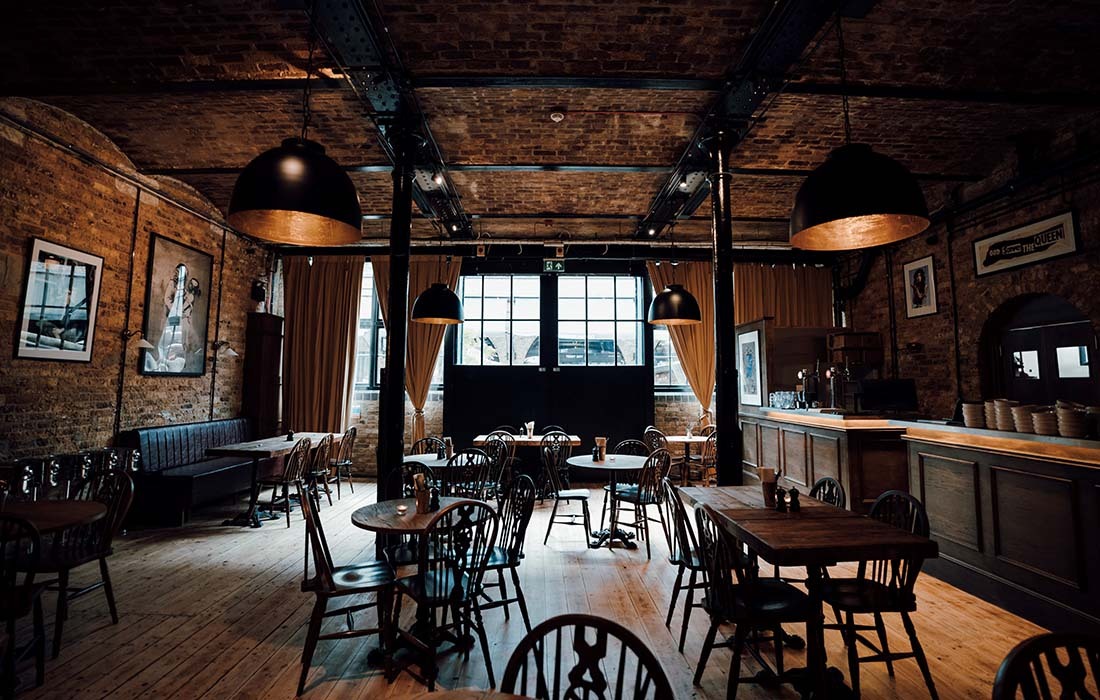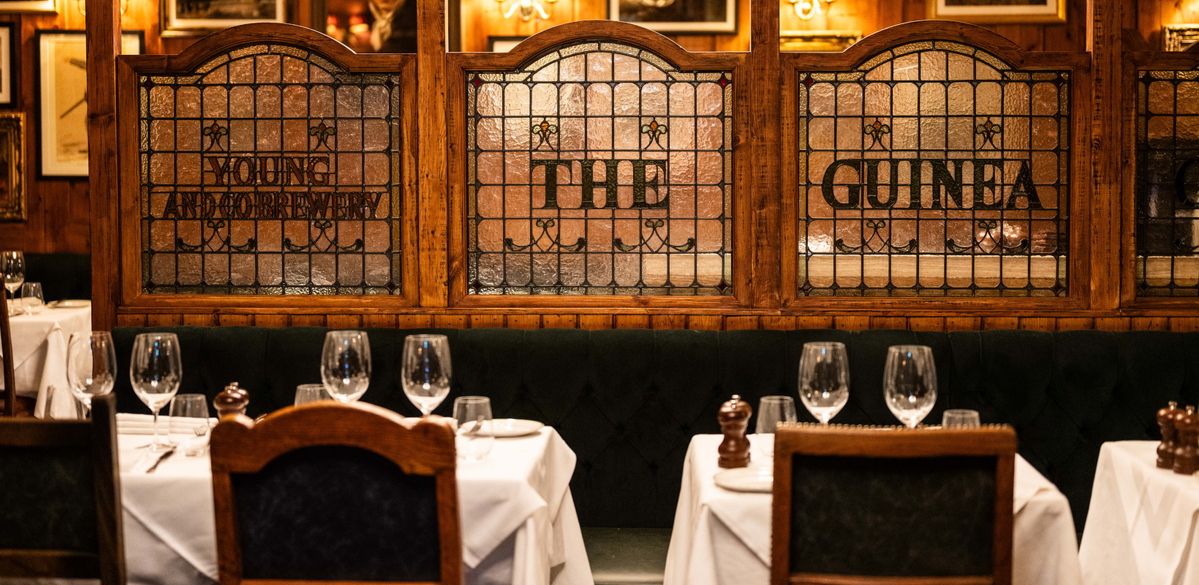Pathways: Ryan Sheehan, owner, Lowcountry
From selling bombproof glass to the US military to opening his bar Lowcountry in London’s Shoreditch, the mixologist shares his career trajectory with Victoria Miller
Did you do any work experience in the industry at a young age?
Not at all. I started working in hospitality in 2017, when I was 36. My wife is from London and we moved to the city from Mexico, where I worked as a librarian at an English library. Before then, I was selling various construction supplies to the US military.
What initially attracted you to working in hospitality?
To be honest, it was necessity. When my wife and I moved to London, I needed a job and there was a pub right next to my house in Fulham, the Crabtree. I thought I would hand in my CV – that’s how old I am! The pub manager said they were hiring and could I do a trial shift. I did my trial shift and they said, ‘Great, can you start right now?’ I put the rest of my CVs in the trash.
How did you make the transition into a job in hospitality?
I started as a barback, and then a couple of months later transitioned to bartender. It was different to be on the other side of the bar, and British bars are a little bit different than American bars. In America, you sit on a bar stool and there’s more rapport between the bartender and the customer. Here, it’s more transactional than I expected, as opposed to sitting up at the bar and being there for a couple hours. But I guess it’s that British pub culture of heading to the pub to meet friends.
How did you decide on your career direction? Were there any influences, or experiences that encouraged you the take the route you have taken?
After a couple of years at the Crabtree I got a new job at the Rylston, but within a few weeks I realised it wasn’t for me. I searched around and got a position as an all-round waiter and bartender at Fenn in Fulham, so I switched from pubs to restaurants. It was there that I met some really passionate people; there were really skilled chefs and people who had studied hospitality, and it was just like, ‘Oh, these people are experts in hospitality, and you can really hone in on a certain skill set.’ It was there that I thought I could carve out a career in this sector.
I’ve always been fascinated by American whiskeys and spirits in general and Fenn’s general manager, Harry Cooper, who works with us now at Lowcountry, said, ‘What cocktails do you think we should have here?’ It was the first time where someone valued my input and took it on board.
From there, I wanted to further my interest and got a job at cocktail bar Three Eight Four in Brixton. We were selling up to 125 different cocktails, but what I could see is you have to really think about what goes into a cocktail; you can make a very different drink with almost the same ingredients by altering just one little thing. From that experience, I got really interested in the history of cocktails; I read a lot of books about it and that’s how I formulated my current menu at Lowcountry.
What are the biggest challenges you’ve faced working in hospitality?
The biggest challenge was I quit alcohol in 2021. It’s that rationalisation that can creep in when you work in hospitality where you think, ‘We work hard and we play hard, that’s the hospitality way,’ and it’s very easy to get into that mindset, after having had a really tough shift, of having quite a few drinks in a short amount of time.
I mean, I still straw test my cocktails and I get trusted friends in hospitality to pitch in their thoughts with what’s good for the bar, but not drinking has been the biggest challenge for me.
Do you have any regrets or things you wish you’d done differently?
I don’t, because everything I’ve done has led me here. My career trajectory is kind of insane; I went from being on a military base selling bombproof windows to being a librarian and now opening a bar in London. All the jobs I’ve had have enabled me to end up here.
What are your career goals?
I don’t want to think too much into the future as we’ve just opened so, right now, I want to see people come into the bar and enjoy themselves. When we had our first passing street customers the night we opened, it felt like I was watching a magic trick; I couldn’t believe that someone had found their own way into the bar. I can’t describe how good that felt and how appreciative we all were of someone being interested what we are doing. I really want to remember that feeling so we continue to offer something really nice for people.



